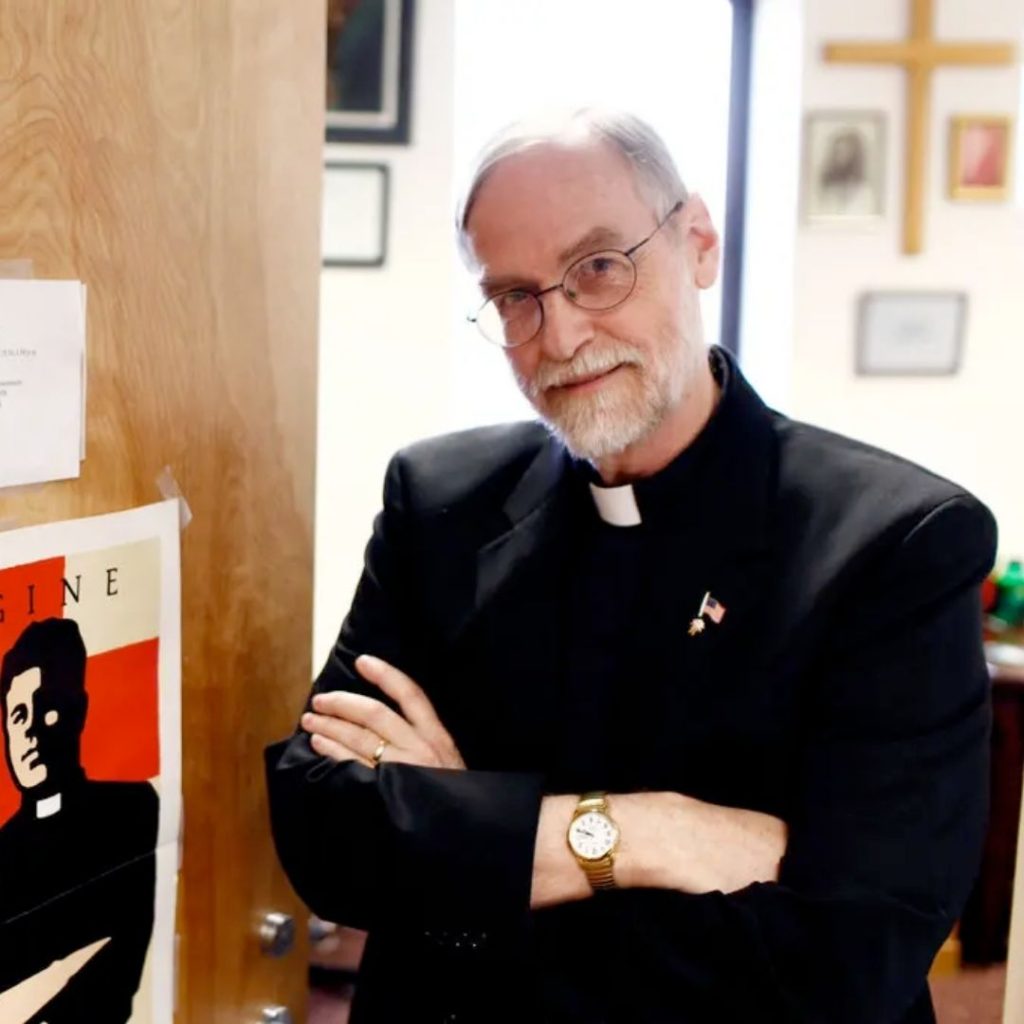
This article was originally published in MercatorNet, December 15th, 2022, by Michael Cook.
Gay conversion therapy must be one of the most reviled psychological practices on the planet.
President Joe Biden signaled earlier this year that his Administration would use America’s economic and political clout to force other countries to ban it. And in the US, he has vowed to eliminate it:
My Administration must safeguard LGBTQI+ youth from dangerous practices like so-called “conversion therapy” — efforts to suppress or change an individual’s sexual orientation, gender identity, or gender expression — a discredited practice that research indicates can cause significant harm, including higher rates of suicide-related thoughts and behaviors by LGBTQI+ youth.
It’s not clear what the President means by “efforts”. Does he mean aversion therapy like administering electric shocks when a teenager looks at gay porn? (When was the last time this happened?) Or does he mean spreading “disinformation” about drag queen story hours?Or does he mean praying with troubled teens?
The power of the terrifying word “suicide”, however, makes quibbles like these irrelevant. The average reader will agree with Mr Biden that any practice which drives people, especially young people, to commit suicide is dangerous and should be banned.
But where is the proof that gay conversion therapy – or sexual orientation change efforts (SOCE), as academics call them – “can cause significant harm”?
In a recent issue of the prestigious journal Archives of Sexual Behaviour, sociologist Paul Sullins, of the Catholic University of America, questions one of the most influential recent studies of the link between SOCE and suicide.
A 2020 article in the American Journal of Public Health by John Blosnich, a researcher at the University of Southern California, found that sexual minorities who experienced SOCE had an 88 percent increased odds of a suicide attempt. He called for a crack-down – more laws banning SOCE, removing religious exemptions for therapists, and a public awareness campaign about the dangers of gay conversion therapy.
Sullins accuses Blosnich of making a basic mistake with his data: he had not taken into account pre-existing suicidality.
Most of the suicidality did not follow SOCE in time but preceded it. Consequently, Blosnich et al. falsely concluded that SOCE treatment has an “insidious association with suicide risk” and that it “may compound or create … suicidal ideation and suicide attempts.” We might call this the fallacy of association.
But that’s not all. A more rigorous treatment of the data showed that:
“adults who underwent SOCE therapy after initial expressions of suicidal behavior also experienced sizable reductions in the risk of a subsequent suicide attempt.”
In short, gay conversion therapy doesn’t cause suicide and it could even decrease the risk of suicide.
Skewering the conventional wisdom on SOCE is heretical in academia. So it’s no surprise that Sullins got pushback. Blosnich denounced his critique as misleading and invalid. A Blosnich ally complained about Sullins’ “horribly wrong and unsupported conclusions” and called for the retraction of his article. A critic commented on Twitter: “Shut up!! This is terrible! So appalling to see an empirical journal publishing this mess!!” However, trash talk like this must be expected in any dust-up about LGBTQI+ statistics.
In fact, perhaps the most important point to be made about the SOCE-and-suicide debate is that it exists at all. To Mr Biden, and indeed to most readers, it may come as a surprise that the link is not as certain as tomorrow’s sunrise. But the harmfulness of gay conversion therapy is by no means an open and shut case, even for LGBTQI+ scholars.
Anecdotal evidence of suicide after violent and manipulative abuse to remove same-sex attraction is abundant. Government reports on gay conversion therapy are overflowing with the lurid memories of “survivors”. But how reliable are these stories? The recent case of Sam Brinton, an American poster-boy for the dangers of gay conversion therapy, illustrates the folly of believing all survivors.
Most SOCE researchers interview people who have had unhappy experiences, which skews the results. They seldom interview people who feel that SOCE helped them. They seldom seek out people with same-sex attraction who refuse to identify as gay or lesbian. And if SOCE is so harmful, what about gay affirming therapy? Sullins complains that studies of its effectiveness fail to inquire whether it can be linked to reduced suicidality.
The SOCE battlefield is thick with cannon smoke. Representing the link between suicide and gay conversion therapy as a settled, indisputable fact is ignorant and partisan.
So what did Sullins add to the debate in his recent article? First, a recognition that opponents of conversion therapy have ignored the fact that some clients were already disturbed before they sought help from a therapist. “For sexual minority adults, experiencing SOCE did not lead to higher suicidality, but experiencing suicidality may have led to higher SOCE participation,” Sullins observes. Therefore, post-therapy suicidality cannot necessarily be attributed to the therapy.
Second, his analysis found that SOCE actually decreased suicidality. In other words, it can be beneficial. “Restrictions on SOCE will not reduce suicidal risk among sexual minorities,” he writes, “and may deprive them of an important resource for reducing suicide attempts.”
In a perceptive comment on Sullins’ article in the same journal, Christopher Rozik says that it should be “a loud wake-up call to researchers and policy makers about the perils of social science conducted within sociopolitical monocultures that cultivate and incentivize confirmation bias and groupthink”.
As Rozik points out, research into SOCE which is “broadly generalizable, accurate, and reproducible” is certainly needed. But “as Sullins has shown, this appears not to be the case.”
Could someone have a word to President Biden? This is not a trivial dispute. Lives depend on it. People tormented by unwanted homosexual attraction have a right to seek help. Banning conversion therapy is not just a violation of free speech; it could lead desperately unhappy people to commit suicide.
